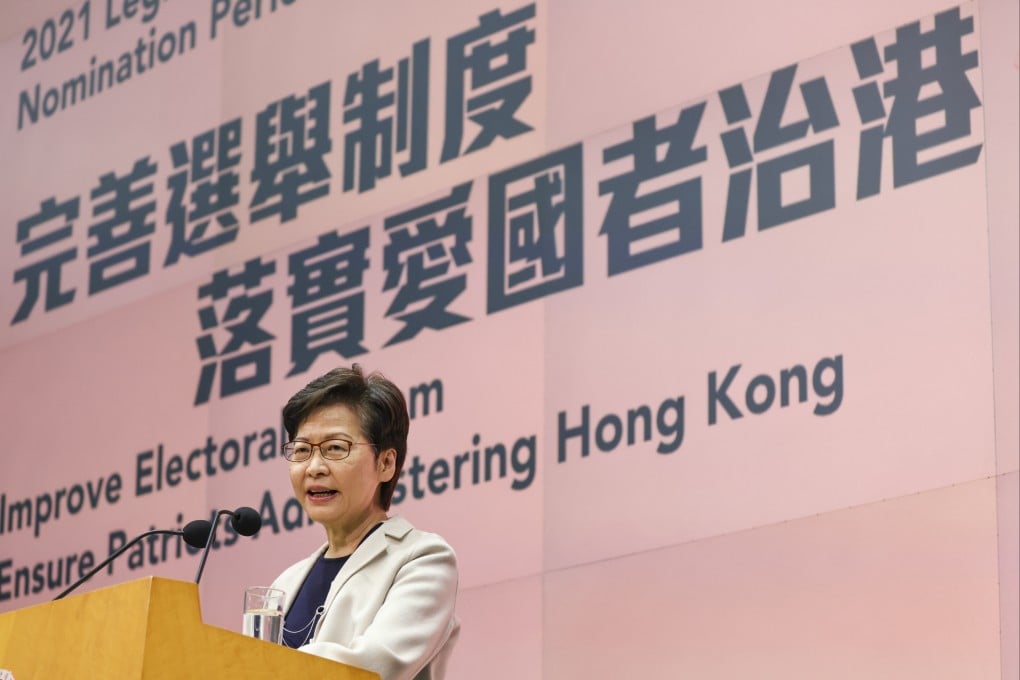City Beat | Hong Kong leadership election 2022: one-horse race or real competition, and why it matters
- Beijing has been tight-lipped on whether having a single candidate or more contenders is better for chief executive race on March 27
- Third option emerges of a candidate having to win enough nominations for top job through capability and convincing manifesto without obvious green light from Beijing

The New Year is here, bringing new hopes as well as new challenges and changes.
For Hong Kong, 2022 carries more significance as the city reaches the halfway mark on its 50-year journey under Beijing’s unique “one country, two systems” governing formula.
This will be an eventful year with the formation of a new administration, as incumbent Chief Executive Carrie Lam Cheng Yuet-ngor’s five-year term ends on June 30.
Hong Kong will either have a new leader or Lam will continue for a second term, if she decides to run – depending on the outcome of the chief executive election on March 27.
With the 100-day countdown to this momentous event already under way, the multimillion dollar question continues into 2022: who and how many will get Beijing’s blessing, the most critical prerequisite, before they can declare their candidacy?
December of the last year of an administration’s term would usually have seen the curtain raised on those jockeying for the once-in-five-years race. That was the case the last time, in early December 2016, when then-chief executive Leung Chun-ying gave up on seeking his second term, and Lam announced her bid weeks later.
However, Beijing is keeping tight-lipped this time, most likely still weighing the pros and cons of whether having a single candidate or more contenders makes better sense after the fundamental revamp of Hong Kong’s electoral system to allow only those deemed “patriots” into the governing structure.
Without competition, it will hardly be an “election”. That could explain Beijing’s push to allow all 90 seats in December’s Legislative Council poll to be contested for the first time in Hong Kong’s history, amid criticism that the overhaul was undemocratic in screening out all “unpatriotic” opposition aspirants.
